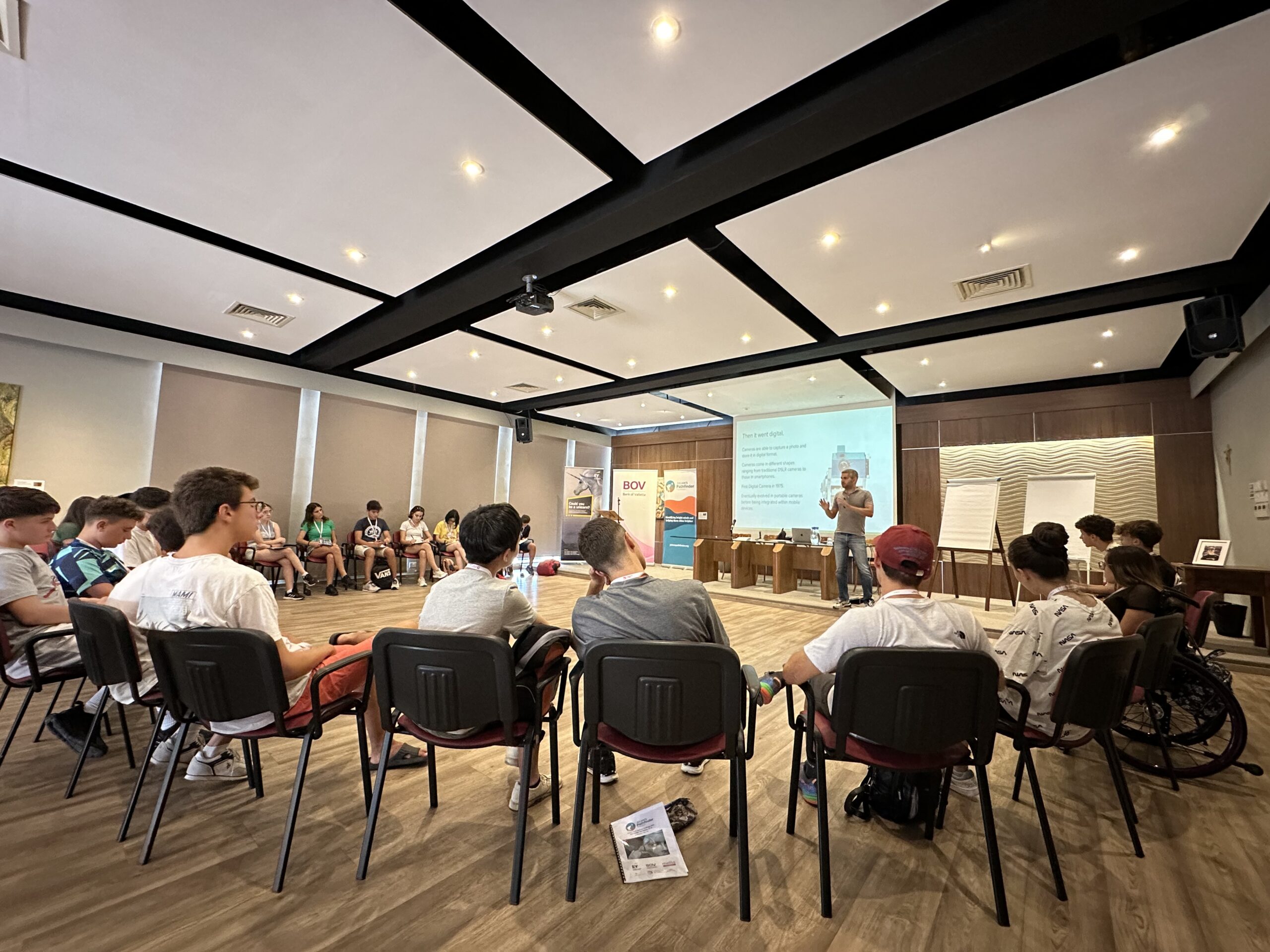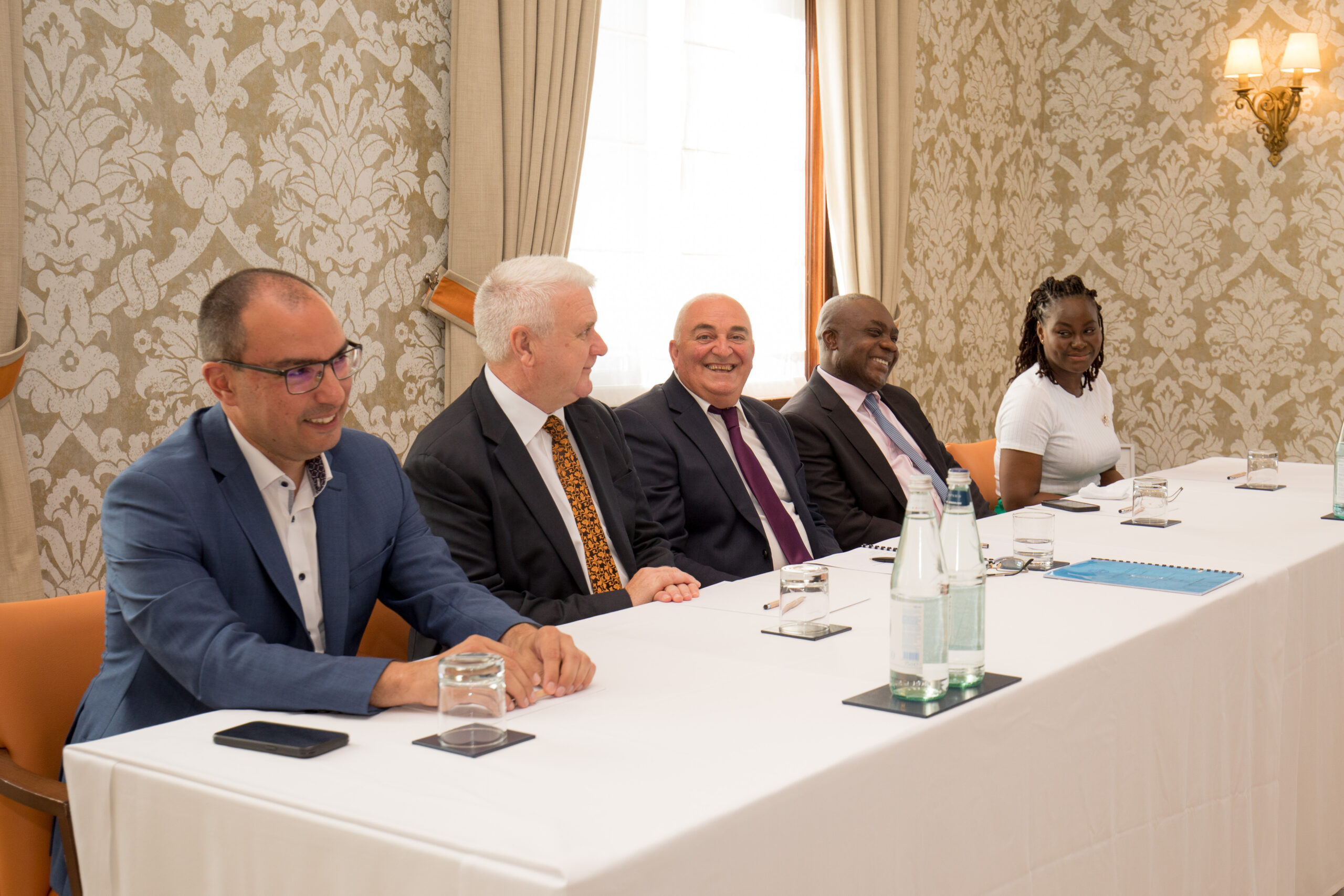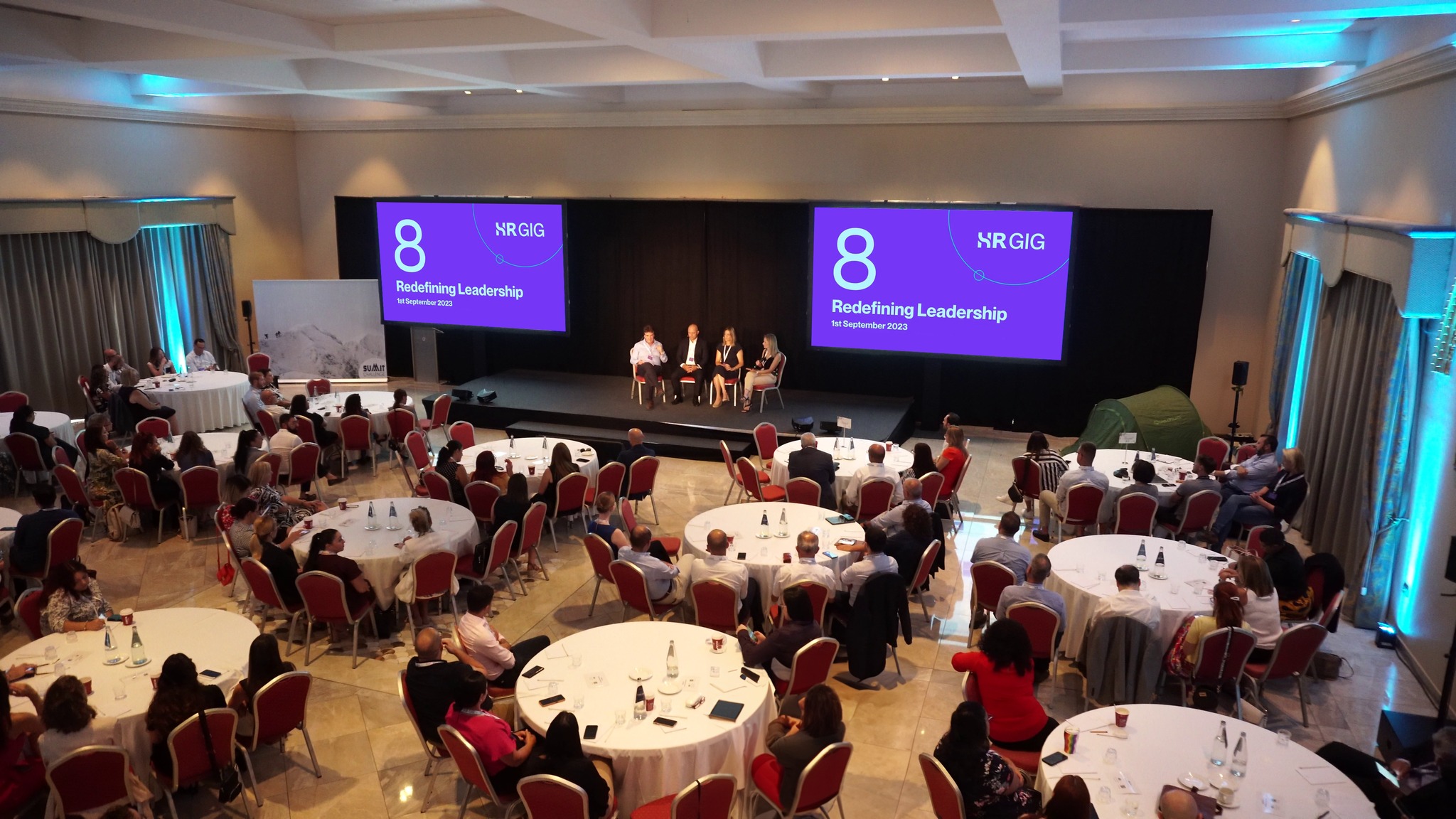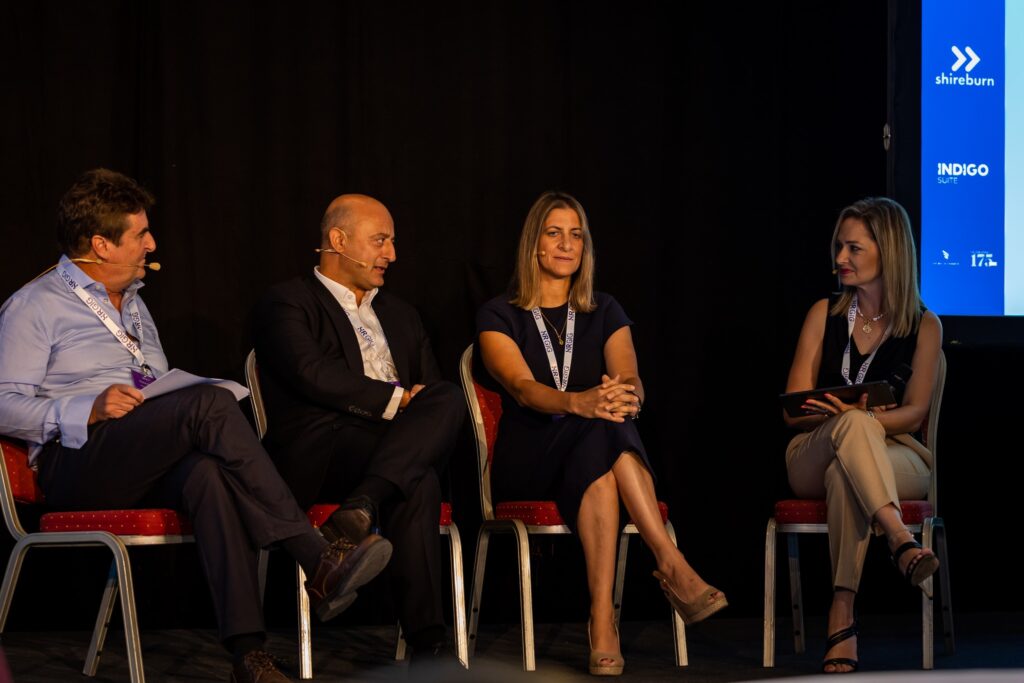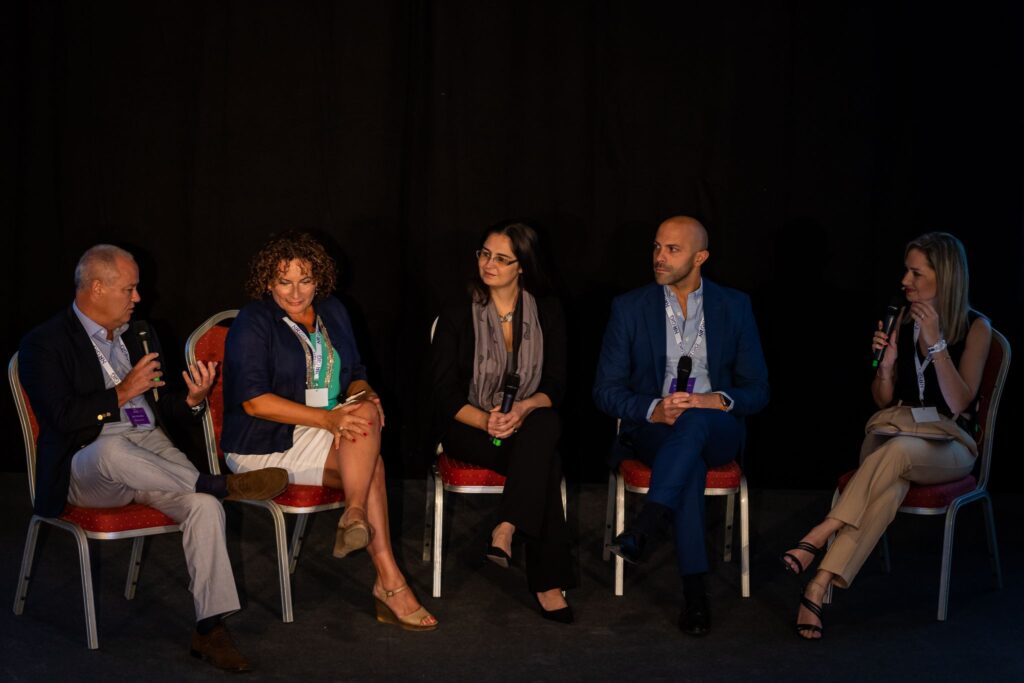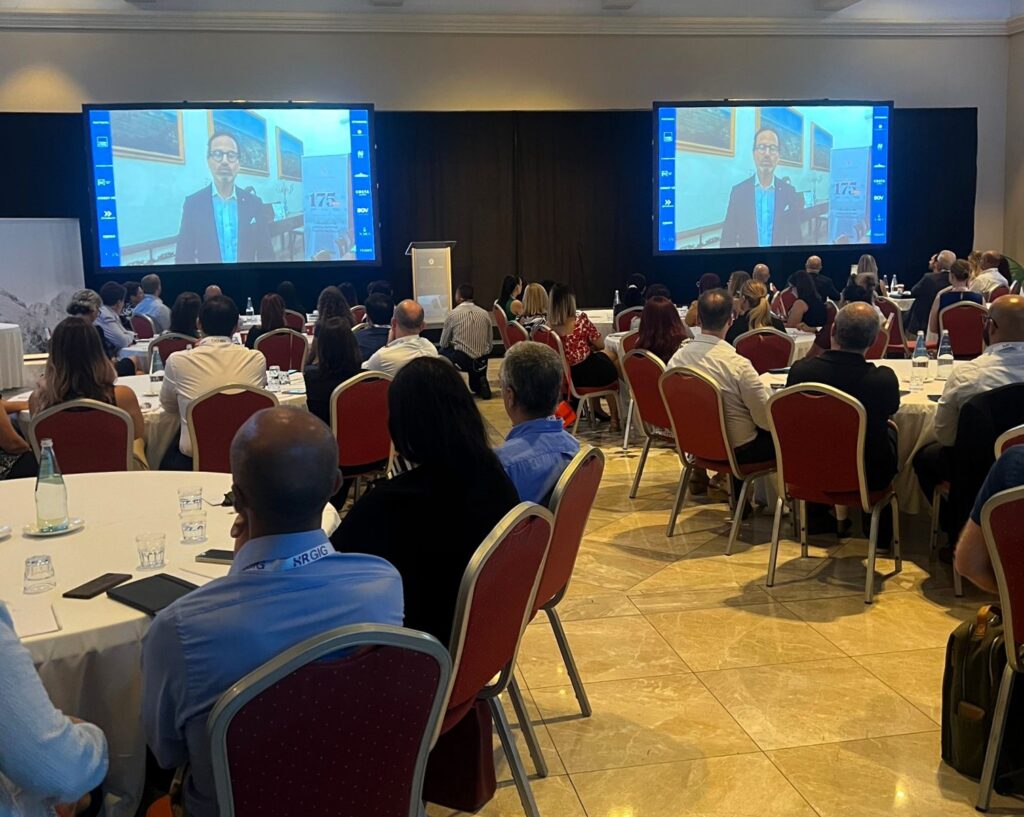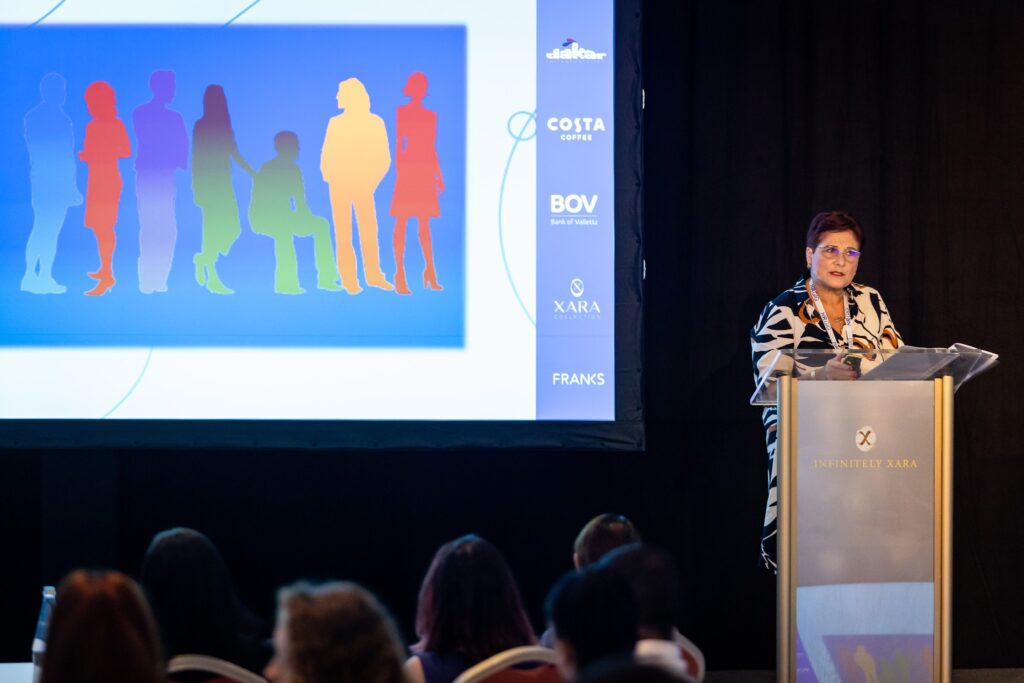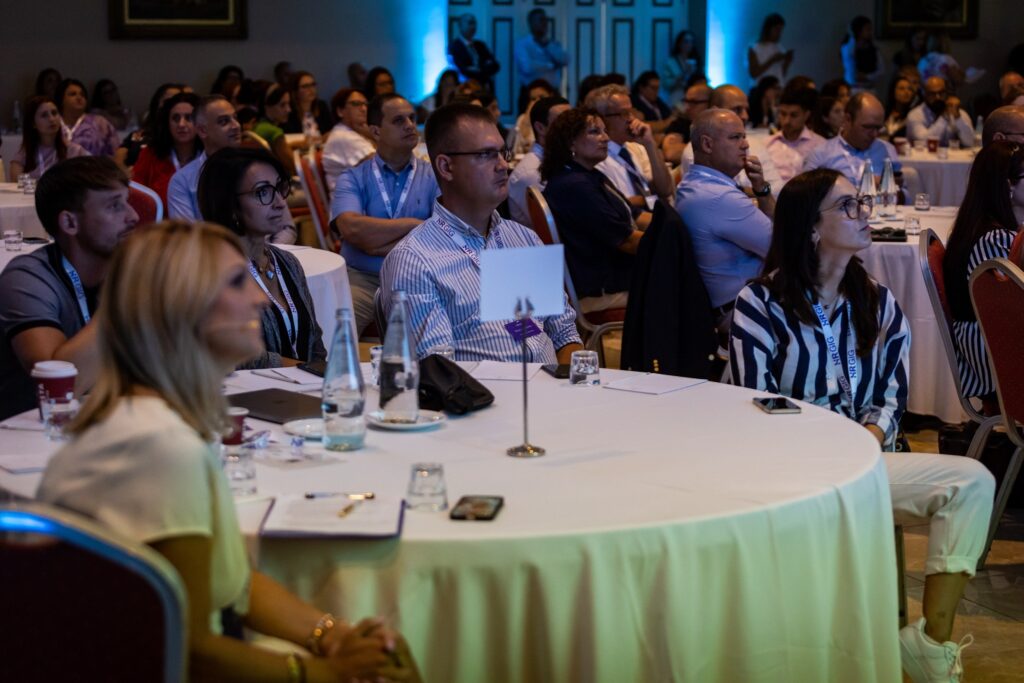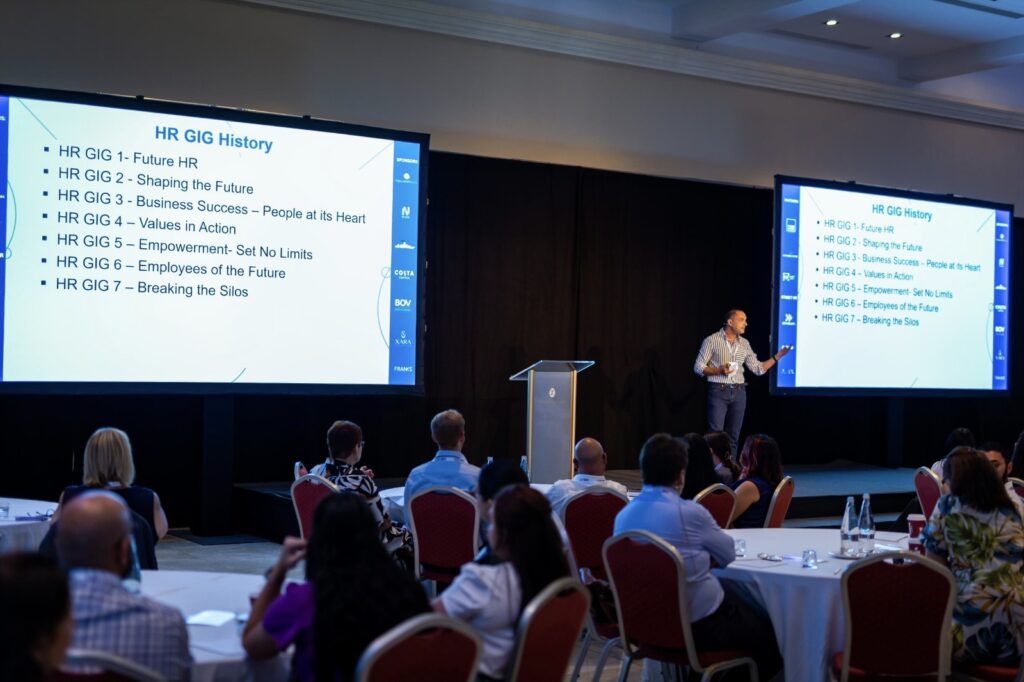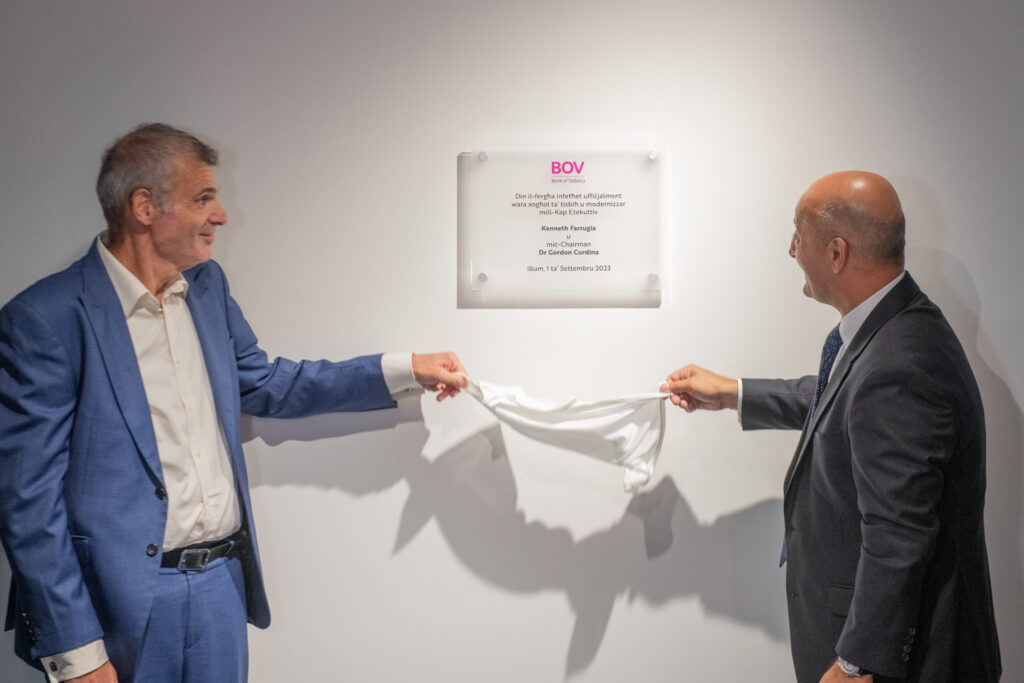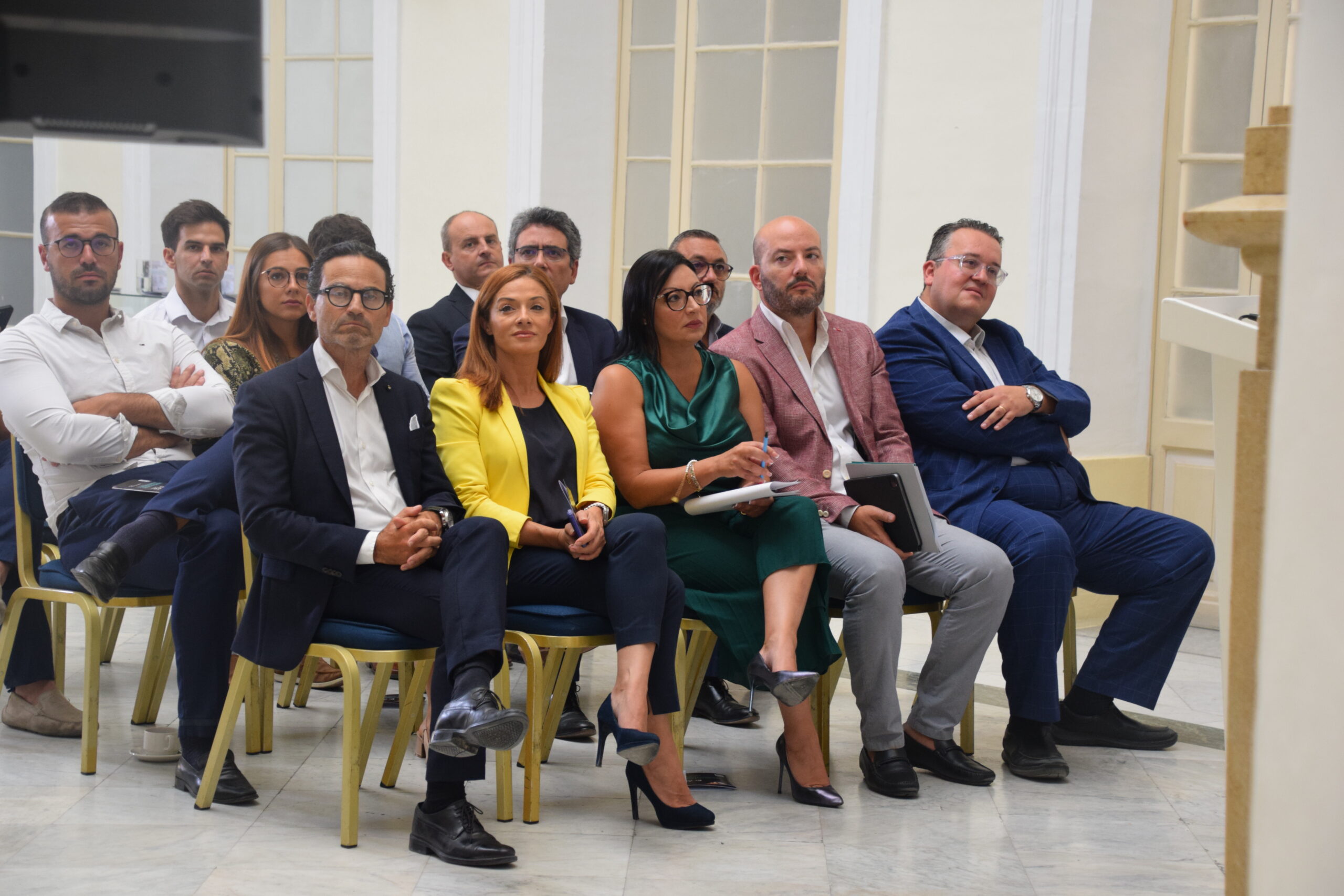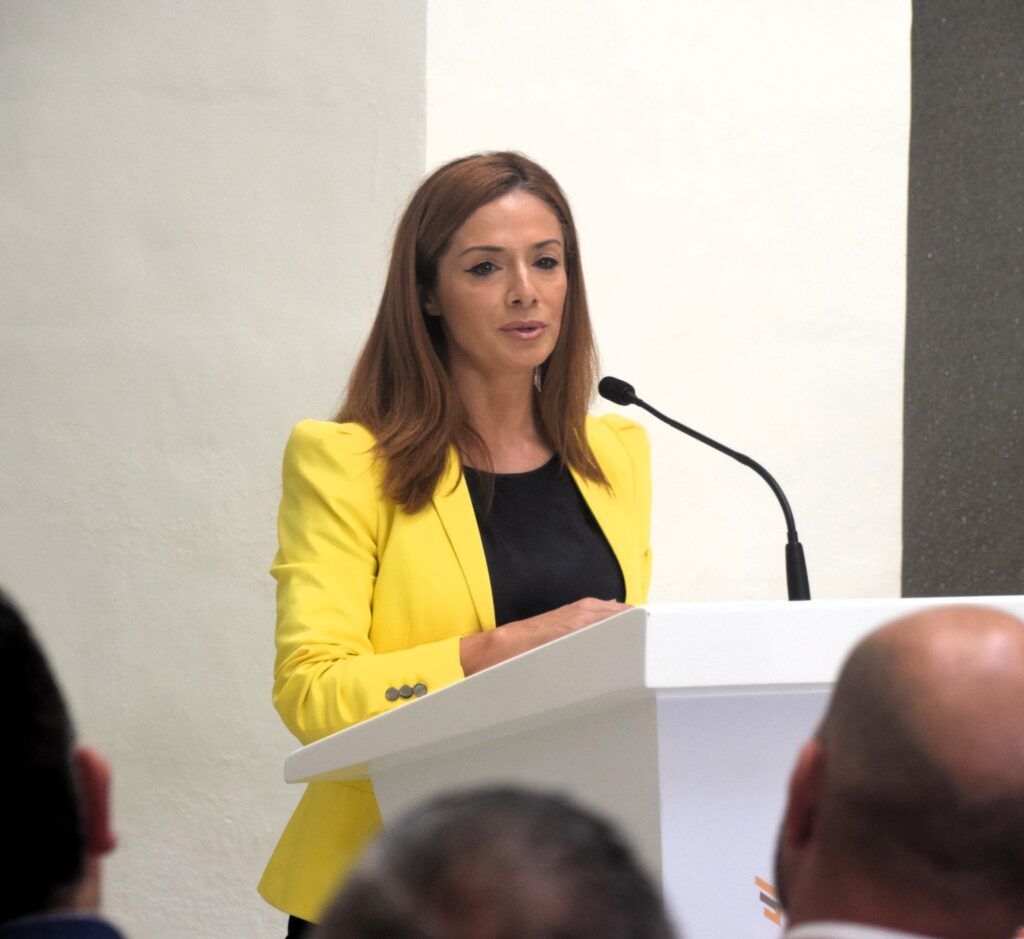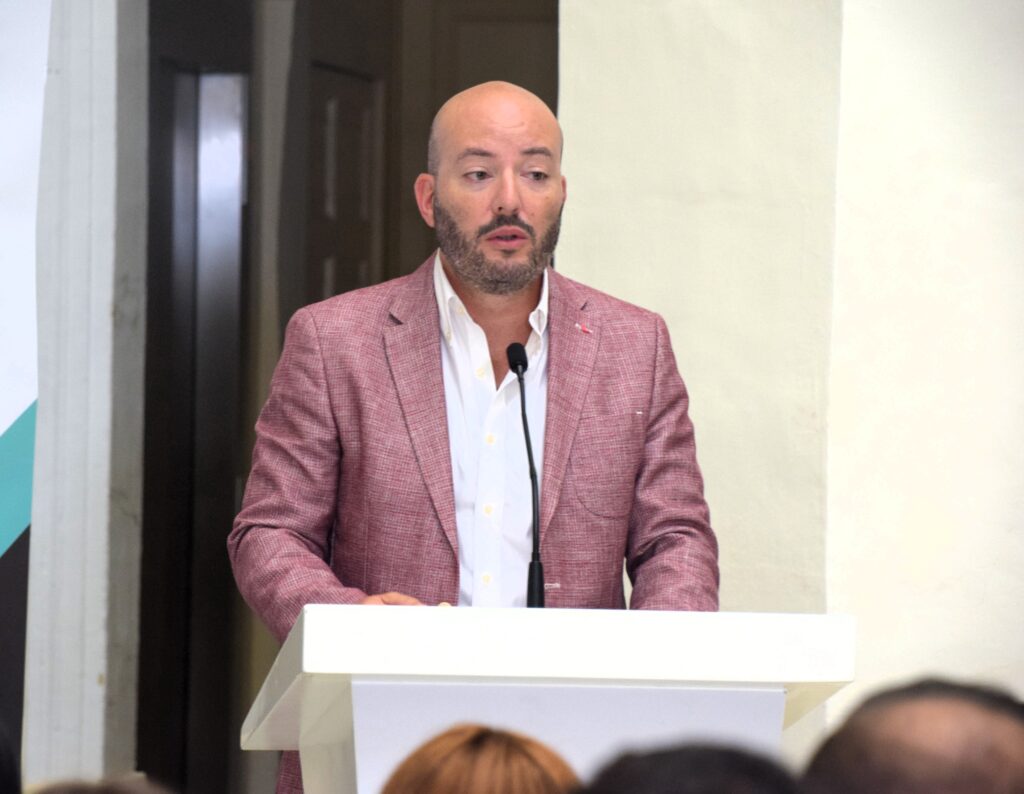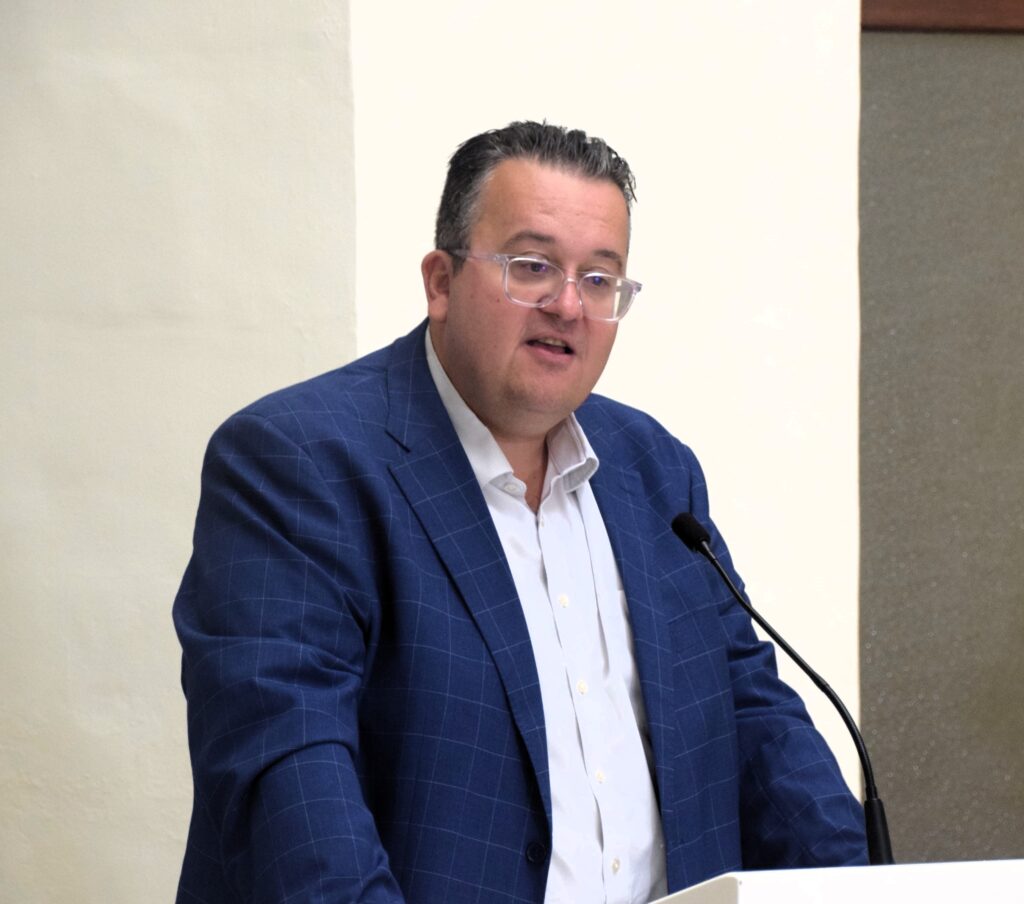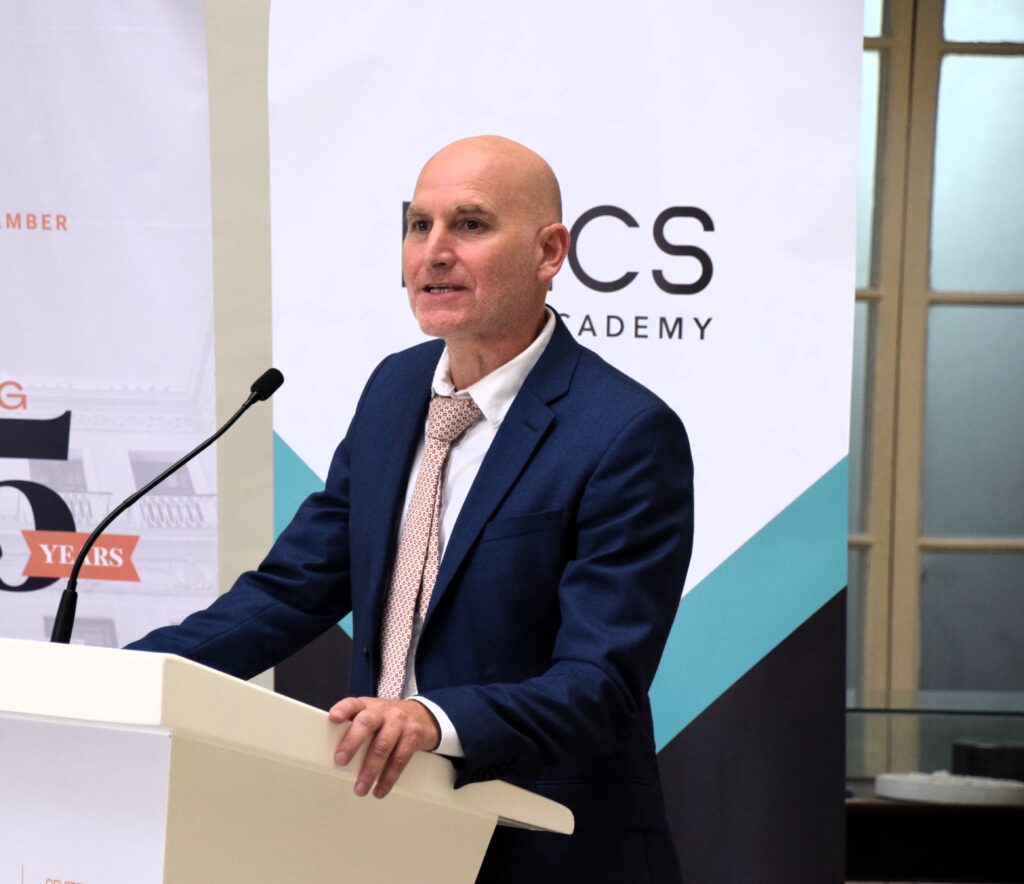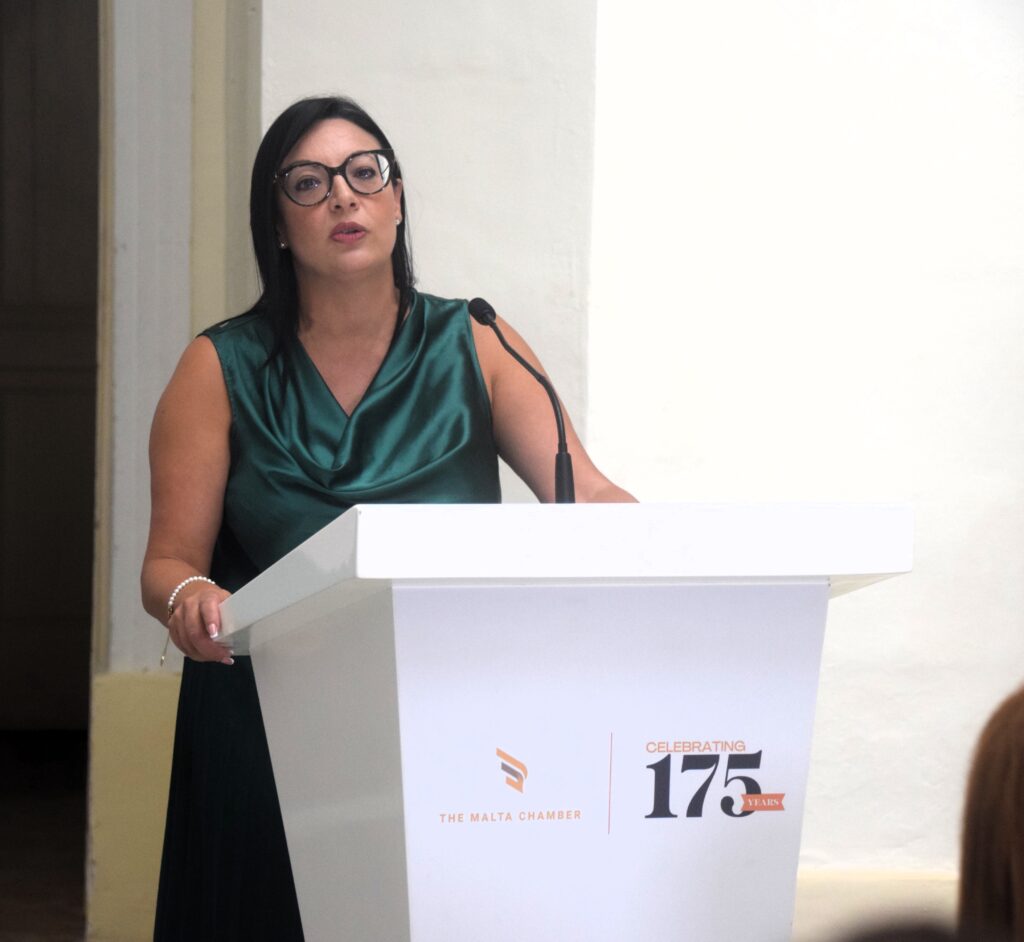Several AI concepts presented in the Julian’s Tech Start-Up Challenge 2023
As part of the Julian’s Pathfinder Foundation’s mission, 24 high ability 13- to 15-year-old students from various secondary schools in Malta and Gozo participated in the Julian’s Tech Start-up Challenge 2023, which was organised between the 4th and the 7th of September at the Mount Saint Joseph Retreat House.
The Camp, held in collaboration with the University of Malta, consisted of a 4-day residential event with activities focused on the central theme of Artificial Intelligence. The AI theme brings together various concepts, covering exciting cutting-edge sci-fi concepts, as well as the practical applications and ethical issues around these innovations. This Camp also had the objective of instilling an entrepreneurial mindset, giving the applicants a structured approach for developing innovative ideas.
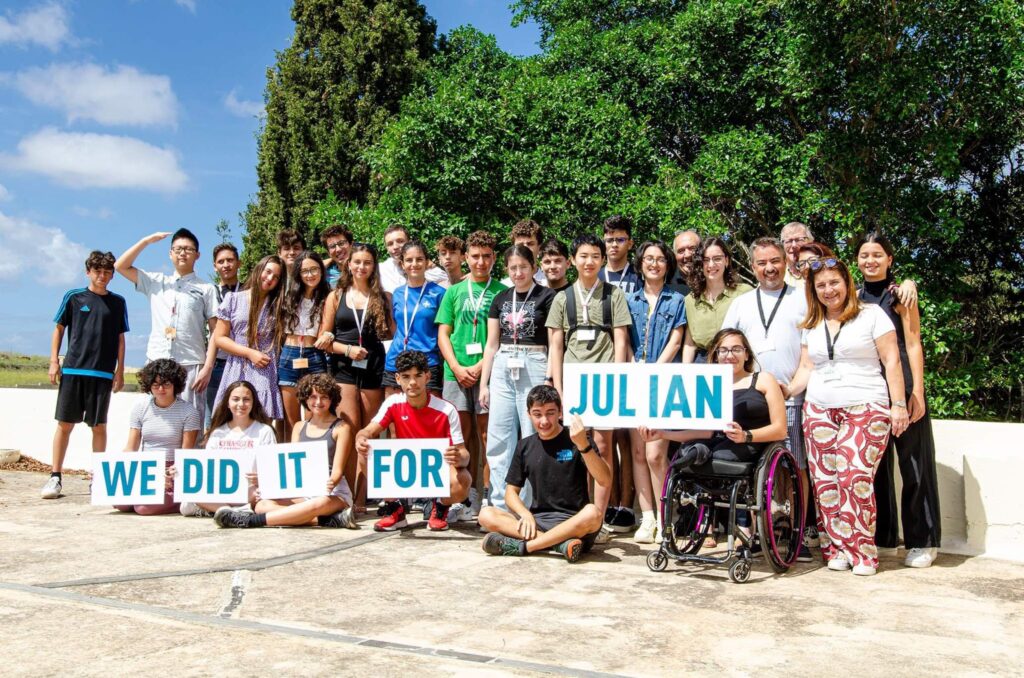
In a fun, safe and respectful environment, participants followed a series of workshops, Q&As, and mentoring sessions led by experts in their respective areas, which enabled them to acquire essential transferable life-skills. Participants were divided into groups and developed their own AI application and presented their plans to an expert panel at the end of the programme. The panel was made up of Simon Grech (Heads BOVs Commercial Arm), Michael Azzopardi (Director, EY), Amanda Holmes (Board Member, Melita Foundation), Anthony David Gatt (Chief Marketing Officer, Malta Enterprise), Prof Leonie Baldacchino (Entrepreneurship, Creativity & Innovation, University of Malta) and Matthew Caruana (CEO, JA Malta Foundation).
Speaking after the presentations, Mr Grech expressed his satisfaction at the level of innovation of the proposals presented. ‘Such events provide a unique showcase for intellectual abilities, as well as high-level innovative ideas on how present and future generations can put into practice their respective intellectual abilities to make the world a better place through brainstorming and the creation of innovative product concepts’. Mr Grech also shared his admiration for the fact that in presenting their projects almost all groups were seeking to satisfy environmental and social responsibilities whilst still bringing together a commercially viable proposal. He compared such an approach to BOV’s mission to be at the forefront on ESG in the years to come. Mr. Kenneth Farrugia, BOV’s Chief Executive Officer, also attended the session.
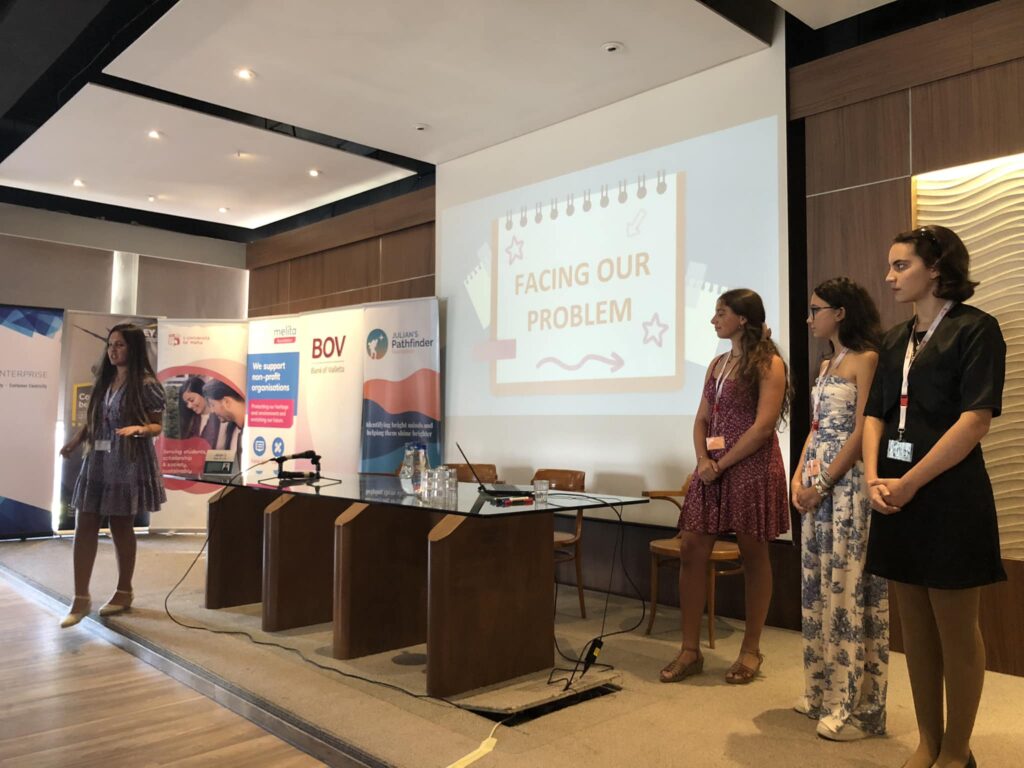
The scope of Julian’s Pathfinder Foundation, set up in memory of Julian Spiteri, is to support gifted children in reaching their full potential and find their paths in life where they excel and make a positive contribution to society. The Foundation aims to inspire young people to follow their dreams and think big about future technologies that will help make the world a better place.
BOV, in line with its ESG commitment, continues to contribute towards inclusive and equitable quality education as it continues to reinforce its strong belief that investing in today’s education will give the Maltese society a much better return in the future. Bank of Valletta’s collaboration with The Foundation forms part of the Bank’s CSR programme that aims to give back to society and support the various local communities in which it operates.
